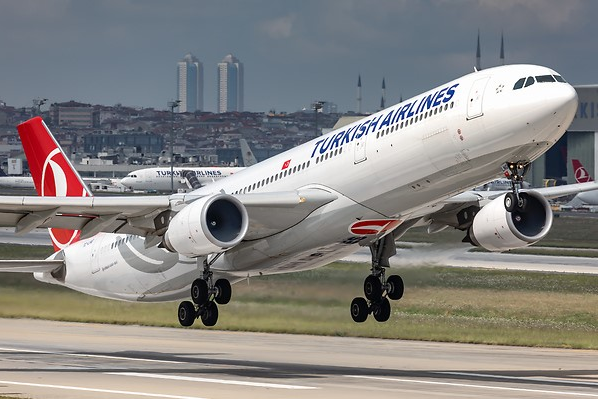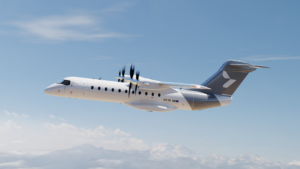Turkish Airlines has seen its international passenger demand increase by 28% since 2019 pre-pandemic levels. For the second quarter of 2023 total revenue reached to US$5.1 billion increasing by 13.5% compared to the same period last year. Due to reduced global trade and earthquake impact, the carrier’s cargo revenues decreased by 44% year-over-year to US$600 million, but still 53% up on its 2019 level.
According to data published by airline data provider OAG, while global international airline capacity for Q2 2023 was 12% below that of 2019, Turkish Airlines was among one of the few airlines in the industry to exceed its 2019 international capacity by 29%. As Europe’s leading network carrier in terms of daily number of flights operated for the last three years according to the European Organization for the Safety of Air Navigation (EUROCONTROL), Turkish Airlines has maintained its status in the second quarter of 2023 as well.
With one of the youngest and most modern fleet of 419 aircraft, Turkish Airlines increased its fleet size by 10% compared to the same period of last year. In the second quarter of 2023, the airline carried over 21 million passengers in total, with a domestic load factor of 81.5% and an international load factor of 81.8%. Undertaking over one hundred operational optimisation projects to reduce its carbon footprint since 2008, Turkish Airlines was awarded the title of “Most Sustainable Flag Carrier Airline” by World Finance as a result of its sustainability focused initiatives in line with its commitment to become a “Carbon-Neutral Airline by 2050”. Turkish Airlines, including its subsidiaries, employs over 80 thousand staff. (£1.00 = US$1.27 at time of publication).




























